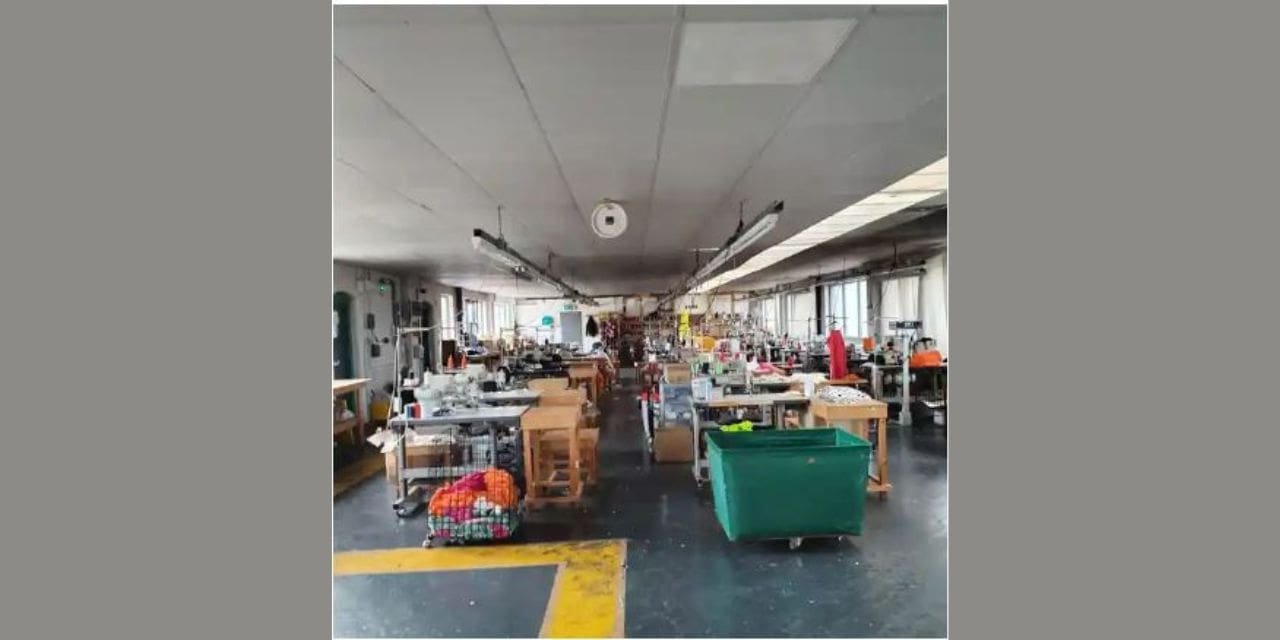-By Ankita Dutta
Leicester’s garment makers are in crisis due to the increasing demands of fast-fashion brands. This includes imposing financial penalties and granting last-minute cancellations along with discounts for minor errors that suppliers claim are insignificant. This practice is leading to waste as manufacturers sell off unwanted items in bulk for as little as 20p each in order to clear space in their workshops, causing hundreds of garment businesses to shut down in recent years. According to the non-profit organization, Labour Behind the Label, the presence of approximately 1,000 factories was observed in Leicester in 2020, however, presently half of that number is estimated to remain.
Retailers, like Boohoo, Misguided and Frasers Group are attempting to rein in costs amid disappointing sales, thereby squeezing factory profits with punitive practices. Suppliers complain that the brands treat them with “disdain and disrespect.” According to Labour Behind the Label, Boohoo group demands discounts of 10%-20% on the agreed price for delivered and undelivered orders.
When a brand places an order, a price is agreed upon, and manufacturers are paid after the delivery. In challenging market circumstances, retailers tend to safeguard their profits by requesting suppliers for retrospective discounts. Consequently, many garment makers face a squeeze on profit margins and are struggling financially.
The pressure on garment makers is affecting garment workers in the region, particularly women, who are struggling to find jobs as factories shut. Suppliers also complain of being penalized by brands for small errors in packaging. Manufacturing companies claim that retailers often cancel orders at the last minute because of changing buying habits. Saeed Khilji, the chair of the Textile Manufacturer Association of Leicester claims that these practices are widespread.
Muller believes that large fashion brands continue to treat suppliers and workers with disrespect, imposing unilateral discounts or order reductions when goods have already been made or fabric bought is abusive and bullying behaviour. Despite numerous corporations having established codes of conduct that pledge ethical procurement commitments, the actuality of the matter contradicts these promises significantly.
The adverse effects of retailers’ actions have caused many factories to pause production, issue redundancies, or in some circumstances, shut down altogether. The garment-making industry faces a bleak future unless the UK government takes action to help increase standards across the sector.

